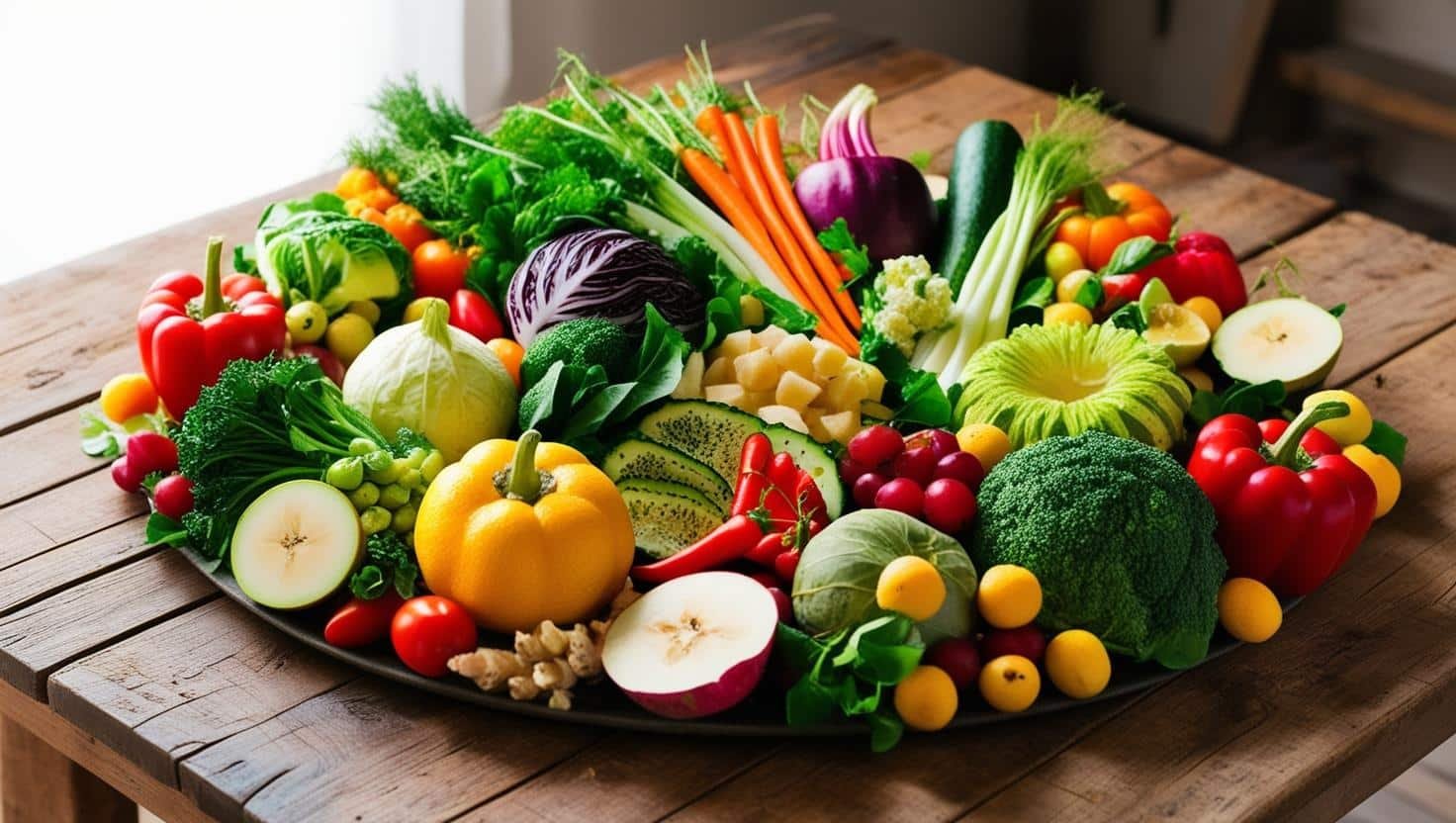The vegan diet is a dietary regimen that completely excludes all animal products, such as meat, fish, dairy, eggs, and honey. In recent years, the choice to follow a vegan diet has increased significantly due to growing awareness regarding health, the environment, and animal welfare.
The Benefits of a Vegan Diet
- Cardiovascular Health: The vegan diet is rich in fiber, antioxidants, and unsaturated fats, which can help reduce the risk of heart disease, lower blood pressure, and improve cholesterol levels.
- Weight Control: Numerous studies have shown that people following a vegan diet tend to maintain a healthy body weight and have a lower incidence of obesity. This is due to the fact that the vegan diet is generally low in calories and saturated fats.
- Prevention of Type 2 Diabetes: The vegan diet, rich in complex carbohydrates, legumes, vegetables, and fruits, can improve insulin sensitivity and help manage blood sugar levels.
- Environmental Impact: Adopting a vegan diet contributes to reducing greenhouse gas emissions, saving water, and conserving natural resources, as animal production is one of the major contributors to environmental pollution.
- Animal Welfare: The vegan choice promotes a more ethical view regarding the treatment of animals, avoiding the exploitation and suffering resulting from the animal food industry.
Key Principles of the Vegan Diet
A balanced vegan diet should include a variety of foods to ensure the intake of all necessary nutrients. Here are the main food groups to include:
- Proteins: Legumes (beans, lentils, chickpeas), tofu, tempeh, seitan, quinoa, nuts, and seeds.
- Healthy Fats: Avocado, olive oil, flax seeds, nuts, and nut butter.
- Complex Carbohydrates: Whole grains (brown rice, spelt, barley, oats), potatoes, sweet potatoes, and leafy green vegetables.
- Vitamins and Minerals: Leafy greens, fruits, seeds, nuts, and legumes are great sources of vitamins, especially vitamins A, C, E, and K.
- Calcium: Dairy products are excluded from the vegan diet, but you can get plant-based sources of calcium such as fortified almond milk, tofu, and vegetables like kale.
- Vitamin B12: Since vitamin B12 is primarily found in animal products, vegans should consider taking B12 supplements or consuming fortified foods.
Weekly Vegan Meal Plan
Here’s an example of a balanced weekly meal plan for a vegan diet:
Monday
- Breakfast: Oatmeal with fresh fruit and chia seeds.
- Lunch: Quinoa salad with chickpeas, tomatoes, cucumbers, avocado, and lemon-olive oil dressing.
- Dinner: Red lentil curry with brown rice and steamed spinach.
Tuesday
- Breakfast: Green smoothie with spinach, banana, almond milk, and flax seeds.
- Lunch: Mixed vegetable soup with whole-grain bread.
- Dinner: Vegan burger (made with black beans) with mixed salad and baked sweet potatoes.
Wednesday
- Breakfast: Whole-grain toast with avocado, tomato, and black pepper.
- Lunch: Rice salad with grilled vegetables and marinated tofu.
- Dinner: Whole-wheat pasta with tomato sauce, fresh basil, and crumbled tofu.
Thursday
- Breakfast: Soy yogurt with granola, fruit, and nuts.
- Lunch: Buddha bowl with brown rice, steamed vegetables, hummus, and sesame seeds.
- Dinner: Vegan chili with red beans, corn, and basmati rice.
Friday
- Breakfast: Vegan pancakes with maple syrup and fruit.
- Lunch: Spelt salad with mixed vegetables, olives, and vegan feta.
- Dinner: Vegan pizza with whole-wheat crust, tomatoes, mushrooms, olives, and vegan cheese.
Saturday
- Breakfast: Quinoa porridge with dried fruit and honey (optional).
- Lunch: Wraps with hummus, grilled vegetables, and spinach leaves.
- Dinner: Tofu and vegetable stir-fry with brown rice.
Sunday
- Breakfast: Smoothie bowl with fresh fruit, chia seeds, and shredded coconut.
- Lunch: Farro salad with sun-dried tomatoes, chickpeas, and arugula.
- Dinner: Vegan lasagna with soy milk-based béchamel sauce and mixed vegetables.
Conclusions
The vegan diet is a dietary choice that can offer numerous benefits for health, the environment, and animal welfare, provided it is followed in a balanced way. A well-structured weekly vegan meal plan helps ensure a complete nutritional intake, with a variety of fresh and natural foods. With the right planning, the vegan diet can be a healthy, ethical, and sustainable solution for everyone.


